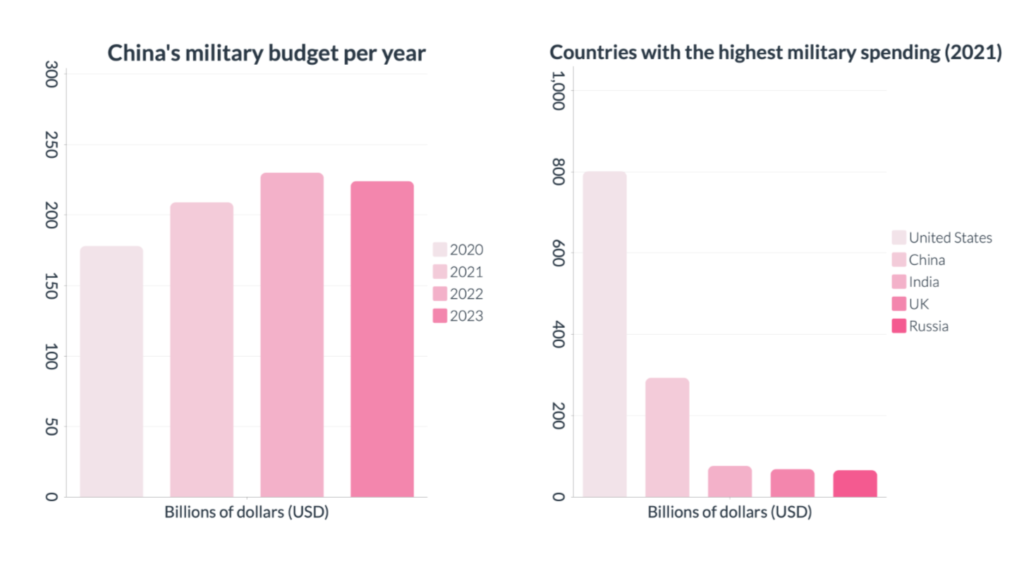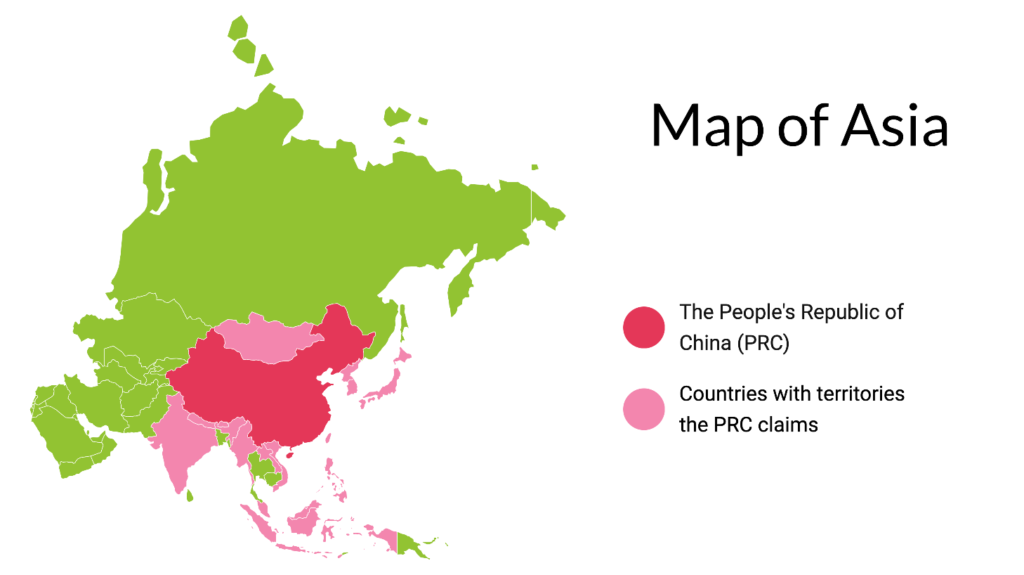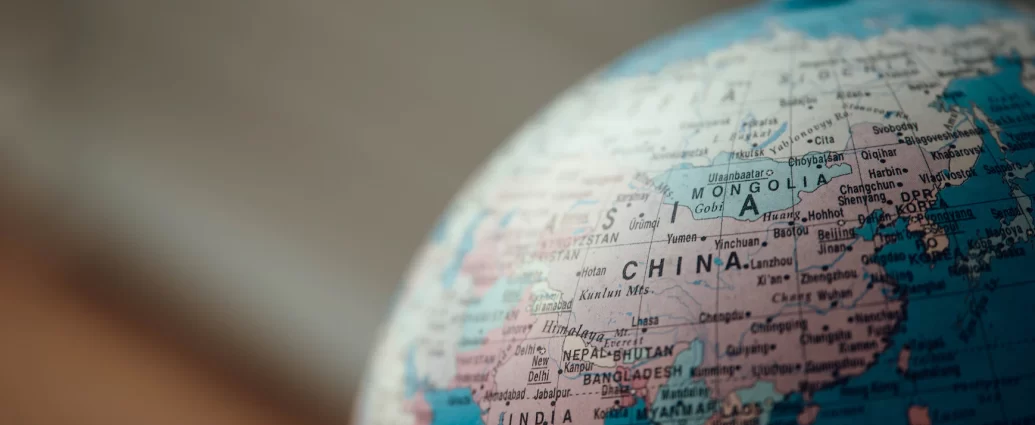Seven Standen
At the recent G7 summit in Hiroshima, leaders sent a strong message to China by issuing statements on divisive issues.
What the G7’s response to China means
The United Kingdom, Canada, France, Germany, Italy, Japan, and the United States enforced their stances on China’s politics, regarding freedom in the Indo-Pacific, threats to Taiwan, and the use of “economic coercion”.
British Prime Minister Rishi Sunak said China posed “the greatest challenge of our age” in regard to global security and prosperity.
However, the G7 was clear it had no intention of severing relationships with China and signalled it wanted to keep communication lines open.
“The economic relationships with China… need to be rebalanced”
In China, state media and embassies accused the G7 of “smearing and attacking” the country, particularly emphasising the role of the United States.
Indo-Pacific and China expert Andrew Small praised the statements issued by the G7 for producing “clear and explicit framing around how the economic relationships with China… need to be rebalanced.”
The situation in the Indo-Pacific
Over the last decade, China has become the greatest security challenge to the Indo-Pacific region through significant investment in its naval forces.
China has created new militarised areas and security arrangements to expound its boundaries of control around the mainland.

It has also been reported that China may be building a military base in Cambodia (one of their few military partners). In response, the US has also tightened its security through the introduction of the Indo-Pacific Strategy, which aims to expand America’s diplomatic presence in the region.
The G7 summit reaffirmed international support for the Indo-Pacific and pushed for a de-risking policy, which would involve tougher diplomacy talks, the diversification of trade, and the protection of trade and technology.
It is likely the Indo-Pacific will become a central pawn in global politics.
Taiwan situation grows tenser
Under Xi Jinping, military presence surrounding Taiwan has grown rapidly and the island has began to prepare for the worst.
Since the Second World War, mainland China has claimed ownership of Taiwan despite their separate governments- a dispute which has never been officially settled.
In 2023, Chinese aircraft and warships have crossed the Strait median line in an attempt to intimidate Taiwan, putting pressure on the island to submit to mainland control.
“The G7 stressed the importance of “peace and stability” across the Taiwan Strait”
There are also fears of a digital attack, which could cut Taiwan off from the rest of the world.
Taiwan’s Ministry of Digital Affairs wants to accelerate plans to make the island more resilient to communication breakdowns and attacks on digital infrastructure.
In February, Taiwan’s Matsu Islands were left isolated after two of their submarine internet cables were cut, reportedly by Chinese boats.
The G7 summit stressed the importance of “peace and stability” across the Taiwan Strait, but have remained characteristically uninvolved in the conflict.

Economic coercion
Within G7 countries, trade has become increasingly dependent on China, despite disagreements over their political moves and human rights abuses.
China has allegedly abused its economic power through what the G7 calls a “weaponisation of economic vulnerabilities” by using trade sanctions against countries they disagree with.
Notably, China blocked Lithuanian exports after Taiwan was allowed to set up a de facto embassy there.
“The goal of the G7’s “de-risking” strategies is to reduce the threat of China wherever possible”
The G7 wants to increase trade or funding with other countries, which work around China’s sanctions, in a new “coordination platform.”
There are also plans to strengthen supply chains, improve digital infrastructure to prevent hacking, and use multilateral export controls, to ensure military and intelligence technologies are not received by “malicious actors.”
This plan builds on already existing policies, with the US, Japan, and the Netherlands already having banned the export of chip technology to China.
The goal of the G7’s “de-risking” strategies is to reduce the threat of China wherever possible.
READ NEXT:
-
China’s re-education camps explained
-
Are dystopian movies our new reality?
-
Rishi Sunak makes five promises to deliver on the people’s priorities
Featured image courtesy of CHUTTERSNAP via Unsplash. Image licence found here. No changes were made to this image.

